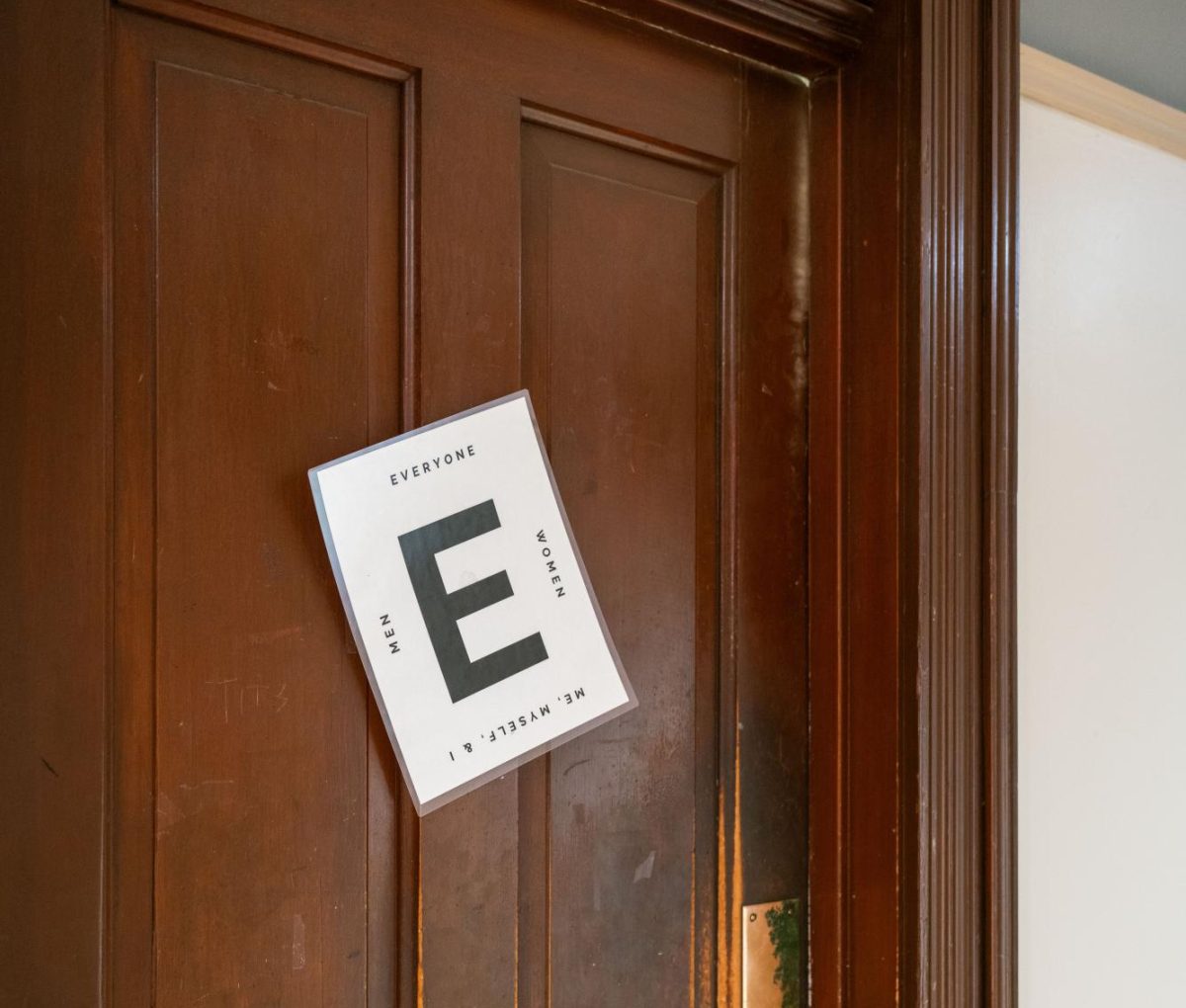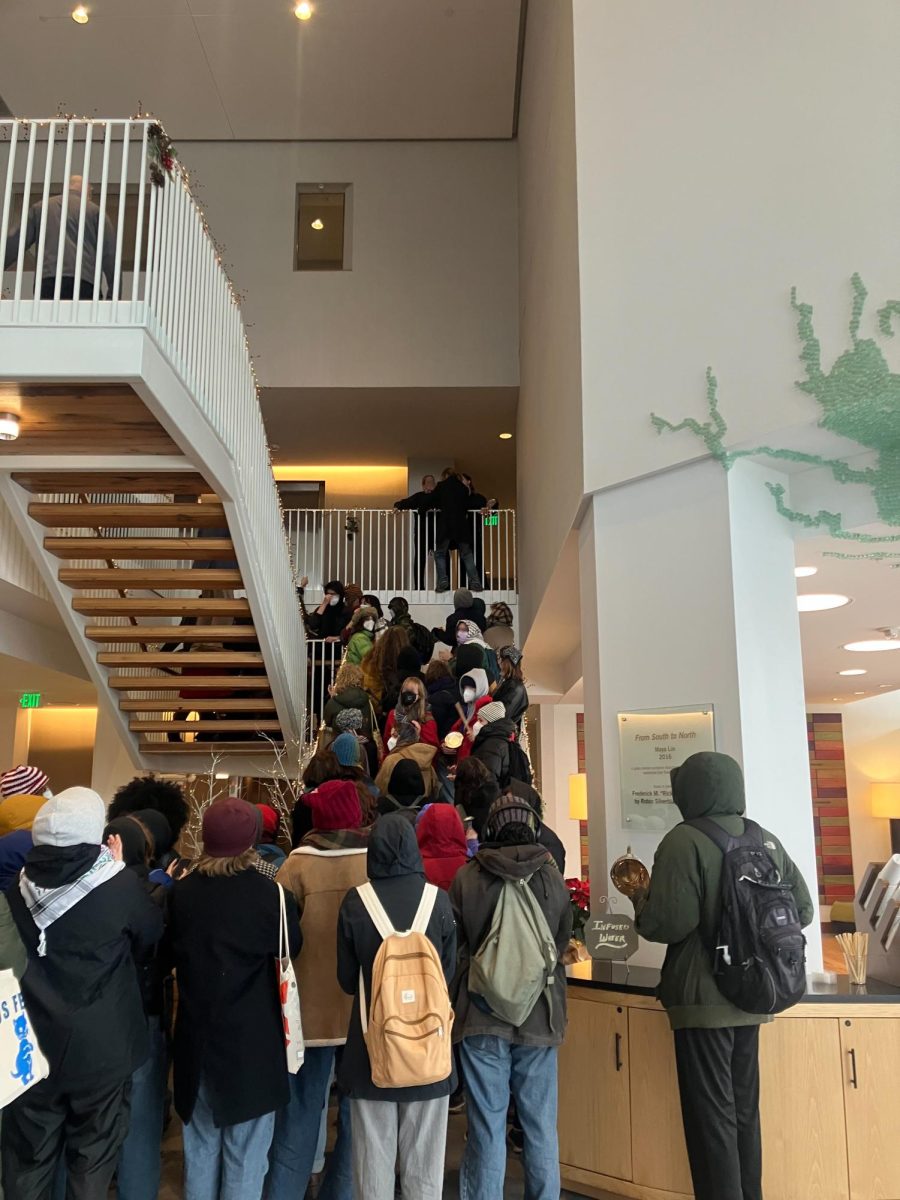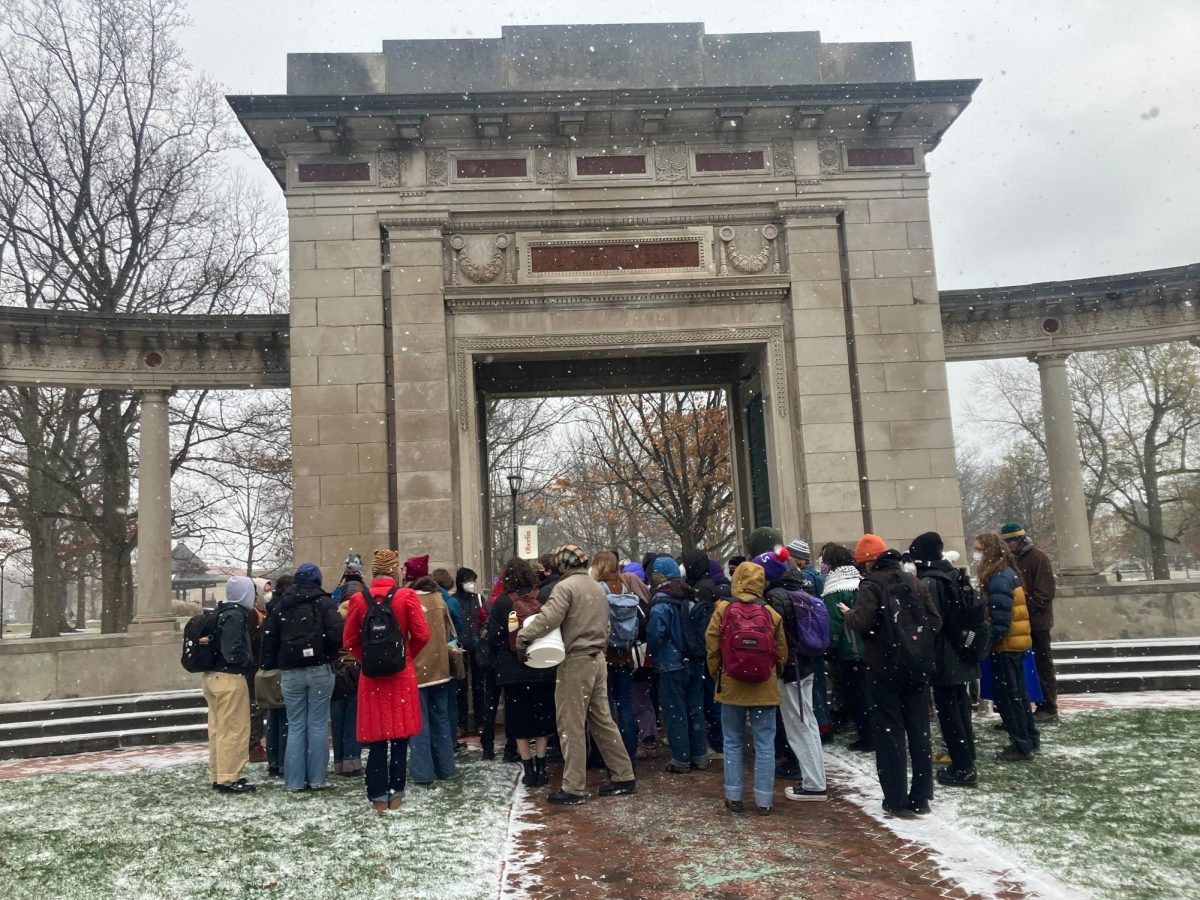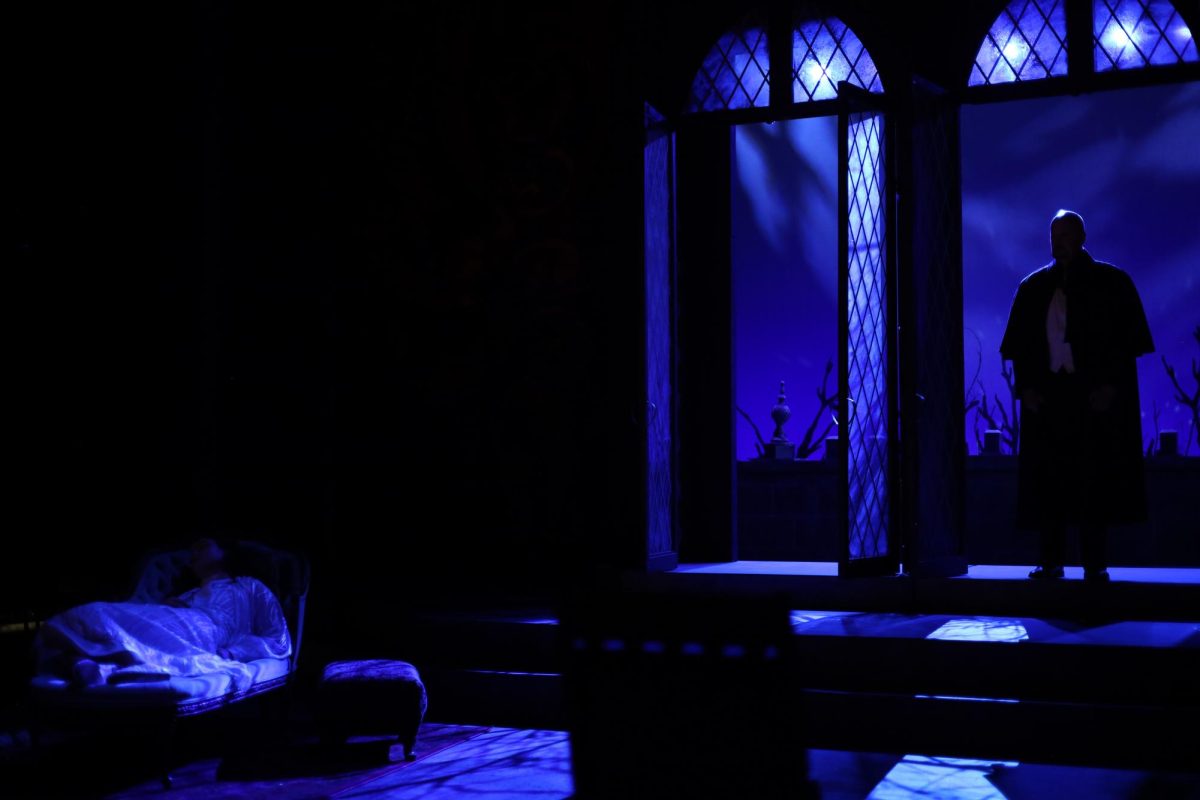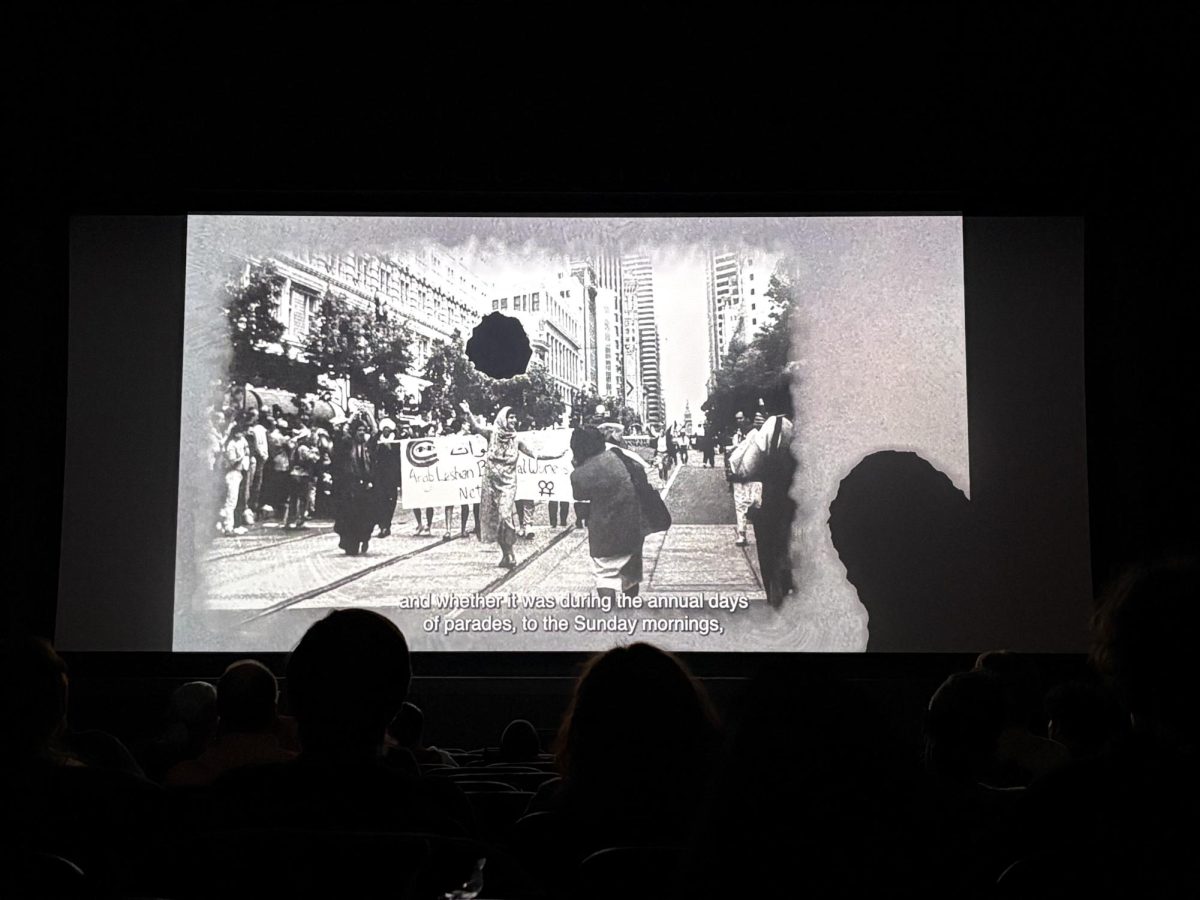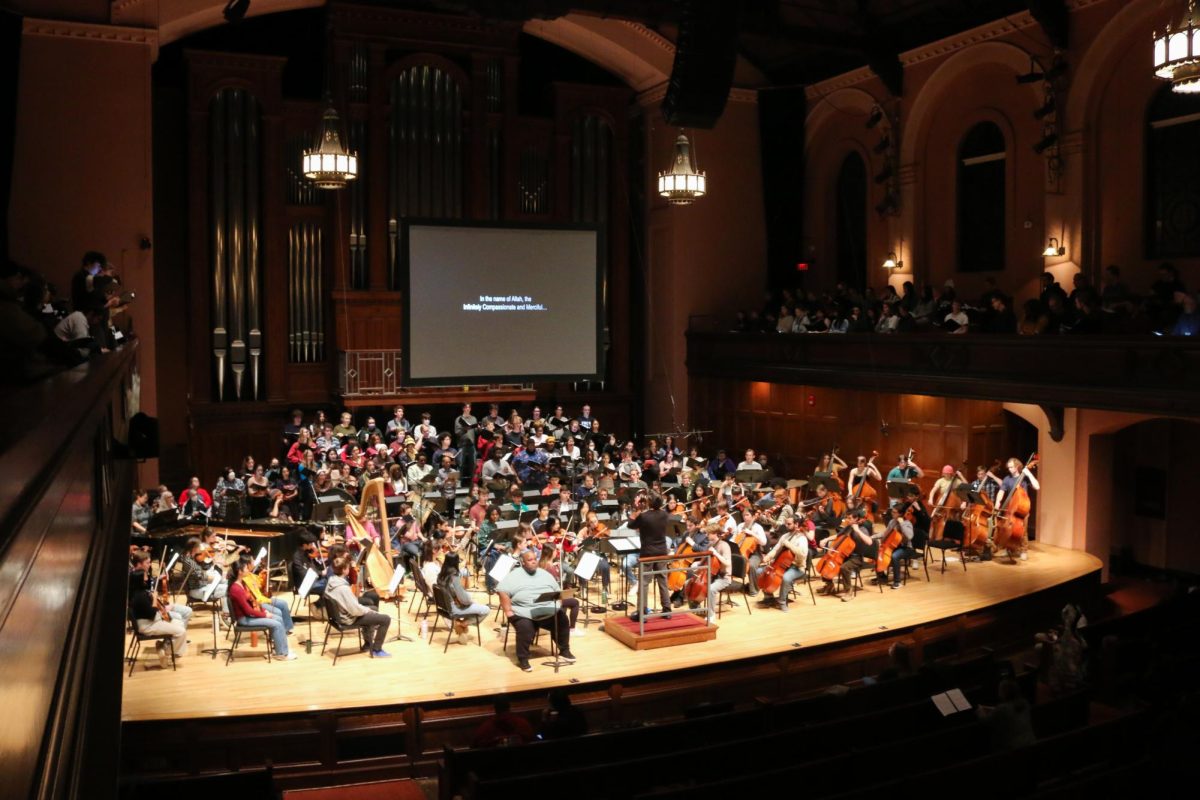College Should Consider City Funding
February 25, 2011
To the Editors:
Tony Mealy, in a recent letter to the editors of The Oberlin Review, wants to make the point that Oberlin College and other well funded, prestigious nonprofit institutions in Oberlin have a moral imperative to contribute to the city’s coffers by Payment in Lieu of Taxes programs. As a life-long Oberlin resident and a current student at Oberlin College, I wish to exhibit some arguments and facts that I think should be included in any dialogue about the relationship of the College’s property tax-exempt status to the financial security of the broader Oberlin community.
There is good reason to believe that support like PILOT programs might be necessary, or at least very important, to city functioning in the near future. According to city councilperson Bryan Burgess, the forecasted budget deficit for the city in 2011 is $773,000. This is exacerbated by the fact that it seems Burgess and others on council believe that the current level of economic activity will be the “new normal,” and that it is important for city council to be sober in the amount it chooses to dip into its reserves, starting this year. That means that many city services, such as utilities, street maintenance and police and fire services, will likely be cut back on significantly in order to keep the city in the black.
Oberlin College and its members draw on many, if not all, of these services in their day-to-day functioning. Additionally, Oberlin College has expanded in recent years with the purchase of the Apollo and residences for village housing, decreasing the total taxable property base. It plans to expand further, potentially taking up all of the properties on the block behind the Oberlin Inn for use in the Green Arts District. To preserve equivalent services with a shrinking tax base, the city must make up the difference with other taxes such as income taxes, or higher rates on the remaining taxable properties. To demonstrate the town-gown tension this can cause, it bears noting that Oberlin’s school district income tax is tied for highest in the state, at two percent.
I am skeptical of some of Mealy’s rhetorical points. A straight “bed tax” on room and board is likely to be passed on to students, many of whom could not afford it without significant aid. He insinuates that every Oberlin College student votes in Oberlin on tax issues, which is untrue. And he trivializes significant services that the college does provide the city, such as leasing the site of Mercy Allen Hospital to Mercy (formerly Community Health Partners) in perpetuity for one dollar a year. Still, the point remains that the city is in dire straits. To this, I have to say that the college still has sort of obligation to the city, stemming from the fact that the tax base has been so heavily diminished, in significant part by College actions. My hope is that Oberlin students, who are committed to making the world a better and more just place, can see the good and justice served by having a frank and open conversation with Oberlin College and city administrators about the expansion of the College in tough economic times, and, more importantly, the privileges that allow that expansion. When John Shipherd and Philo P. Stewart launched their grand mission of founding a city and school that were “peculiar in that which is good,” they imagined a cohesive community where all residents, permanent and transitory, could live and work to make it the best it could be. That is our charge.
–Kevin G. Gilfether
Oberlin resident and College sophomore







